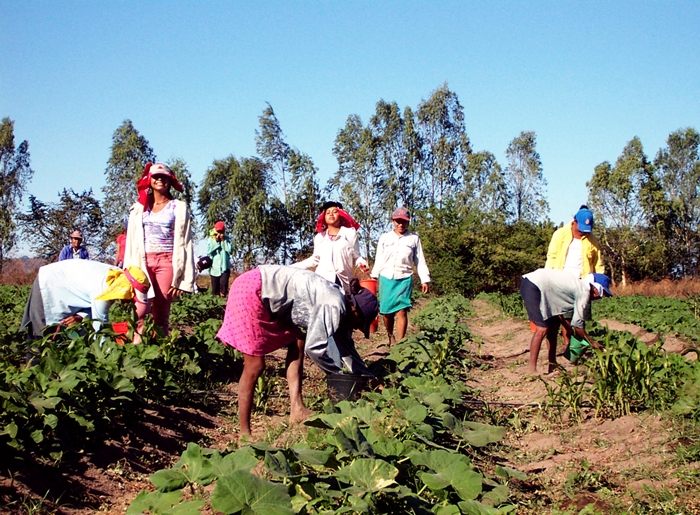This initiative, implemented by IICA and funded by COSUDE, promoted the creation of networks for innovation and led to an increase of 18% in the amount of food available to the families of those growers.

Nicaragua. Under a regional project implemented by the Inter-American Institute for Cooperation on Agriculture (IICA) and funded by the Swiss Agency for Development and Cooperation (COSUDE), more than 100,000 corn and bean growers in Central America have benefitted from the adoption of technological innovations and the creation of national and territorial level networks for innovation.
Two of the most outstanding achievements of the Red SICTA Project in Central America are the dissemination and use of 55 technological innovations, through 215 partnerships, and the creation of five national and 21 territorial networks for innovation.
The initiative also led to an 18% increase in the amount of food available to the families of the 101,207 participating growers, some 29% of whom are women.
In Nicaragua, the project benefitted 41,885 growers, including 13,000 in the corn and bean chains, who now use new production, post-harvest, processing and marketing technologies.
In addition, three territorial networks for innovation, involving 69 organizations, were set up to foster knowledge management.
The technological innovations related to corn and bean production helped lower production costs, made both crops less vulnerable to weather and reduced post-harvest losses, which led to the production of more, higher quality food and improved net incomes and sale prices.
COSUDE closed the Red SICTA project officially in late February in Managua at a ceremony held to present its most important results. Participating in the event were COSUDE Resident Director Hubert Eisele and representatives of governmental institutions, growers associations, cooperatives, private enterprises and cooperation agencies.
Red SICTA focused its efforts on disseminating technological innovations aimed at improving the incomes of small-scale corn and bean growers in Central America, by creating new and strengthening existing networks for innovation aimed at promoting knowledge management.
Más información:
mario.aldana@iica.int
rene.rivera@iica.int











